Binance has announced that Rocket Pool (RPL) will be listed at 15:00 (VN) on January 18, 2022. What exactly is Rocket Pool (RPL)? What makes this undertaking so unique? Utilize Allinstation to determine.
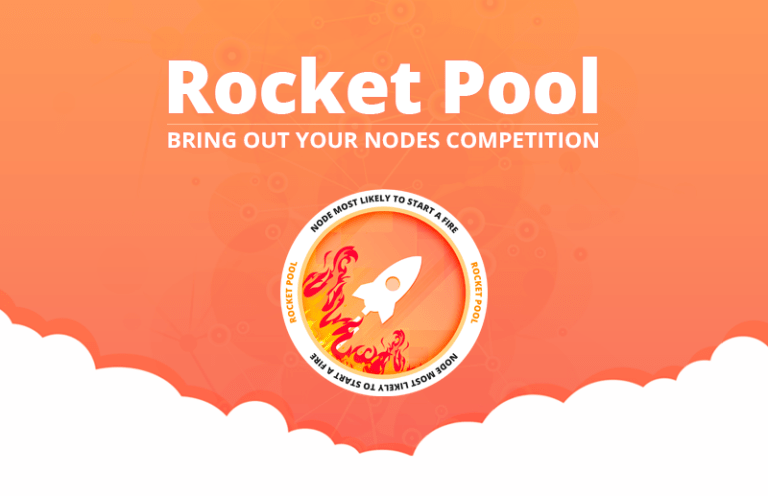
What is Rocket Pool (RPL)?
Rocket Pool (RPL) is a 2016-founded Ethereum 2.0 staking protocol. The protocol intends to reduce the financial and hardware requirements for wagering on ETH 2.0, hence enhancing Ethereum’s decentralization and security.
Rocket Pool network enables users, including individuals, organizations, and DeFi apps (dApps),… to earn from “Liquid Staking Derivatives” without having to worry about maintaining other infrastructure systems.
Liquid Staking Derivatives is a technology that enables users to develop integrated assets for staking on the network. Permits the trading of synthetic assets that are staked and circulate to participate in activities on other protocols.
Post-Ethereum — The Merge has considerably increased the demand for “staking,” notably with users staking ETH and receiving stETH back on Lido Finance in order to use stETH in other protocols, such as lending on Aave and participating in liquidity provision operations on AMMs.
The main goals that Rocket Pool aims for:
With the goal of becoming the leading staking platform on Ethereum by providing a user-friendly, decentralized staking network, such as:
- Decentralized staking and democratization of features in Ethereum 2.0
- Ensure compatibility with ETH 2.0 and take advantage of technical advantages
- Encourage Node Operators to participate in activities on the network to receive higher profits than conventional staking methods.
- Build a scalable staking network and handle the high demands of proof-of-stake services
- Provides staking-related services to 3rd party service providers in the market.
Characteristics Rocket Pool
Staking Users
This is a type of asset staking on the Rocket Pool platform. The Proof-of-Stake mechanism allows users to join the network and receive the corresponding rewards.
The Rocket Pool network enables users to stake a minimum of 0.01 ETH to exchange for rewards in a secure and hassle-free manner. Users can receive an ETH token equivalent to the deposit time and rewards on the network when they deposit assets.
Node Operators
Rocket Pool ecosystem, allowing users and businesses to deposit tokens at a minimum cost of 16 ETH through separate nodes on the platform.
In addition to receiving a reward for the amount of ETH deposited, node operators are also eligible to receive a specified number of billion rewards generated by other Staking Users on the node.
Rocket Pool’s ecosystem
Smart Contract: Users are permitted to stake ETH in a network of fully autonomous Node operators, backed by RPL.
Smart Node: Smart Node is a decentralized network composed of Ethereum nodes running Smart Node software. Smart nodes are able to modify the operation process and can interact with Rocket Pool’s Smart Contracts.
Minipools Validators is an additional Smart Contract within the Rocket Pool network. Node operators who deposit 16 ETH coins into their nodes create these contracts.
How Rocket Pool works
The Rocket Pool project is built on the Ethereum Chain, which connects to the Proof-of-Stake protocol on ETH 2.0, which employs the Beacon Chain for staking operations.
Interoperability and transaction verification in Rocket Pool are based on a consensus mechanism (PoS). This indicates that at least fifty percent of Oracle nodes confirm the transaction’s authenticity.
These nodes are Rocket Pool participants who own RPL coins within the Blockchain community. Oracle DAO is fundamentally decentralized and independent from Rocket Pool.
When Rocket Pool is released, Oracle Nodes are added to the platform. New Nodes may only join the network if invited by an existing Oracle Node and provide a substantial RPL link.
RPL token overview
Token Data
- Token Name: Rocket Pool.
- Ticker: RPL.
- Blockchain: Ethereum.
- Token Type: Utility Token.
- Token Standard: ERC20.
- Circulating Supply: 16,191,801.
- Total Supply: 18,000,000.
- Max Supply: 18,000,000
- 24 hour Trading Vol (28/3/2022): $621,455.
- Market Cap: $586,237,457
- Contract: 0xd33526068d116ce69f19a9ee46f0bd304f21a51f
Token Allocation
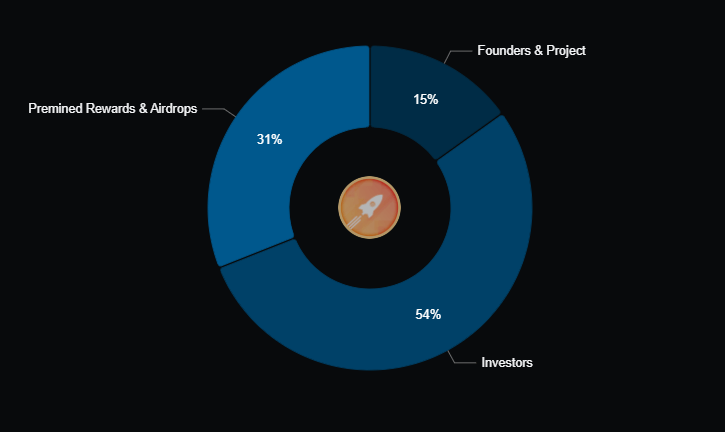
- Investors: 54% – 9,720,000 RPL Token
- Founders & Project: 15% – 2,700,000 RPL Token
- Rewards & Airdrops: 31% – 5,580,000 RPL Token
Token Release Schedule
RPL tokens will be paid as follows:
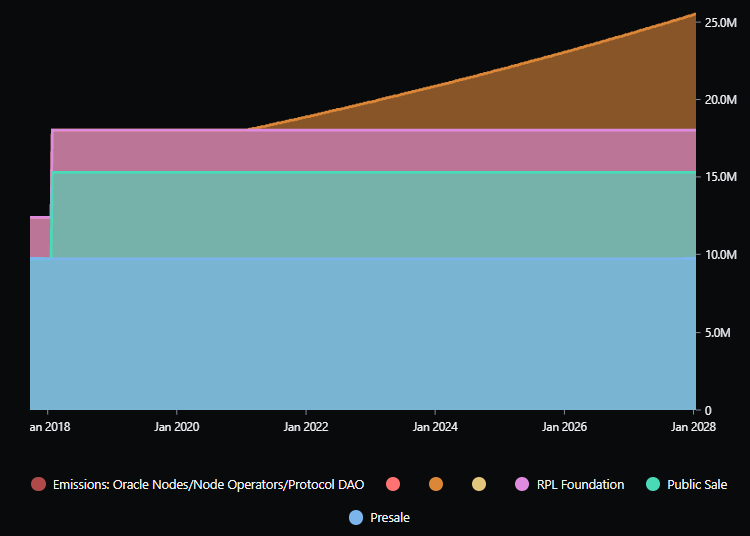
RPL will no longer have any notable major unlocks moving forward. Through 2028, the remaining RPL tokens are distributed in a linear fashion.
Token Sale
Phase T9/2017: Pre-sale investors buy at $0.21 for 1 RPL token. Accounting for 40% of the total fixed supply of 18 million tokens and an additional 14% referral bonuses for a total of 54% of the total supply.
Period T11/2017 – T1/2018: Investors participated in buying tokens in the ICO sale round at $0.98 for 1 RPL token, which accounted for 31% of the total project supply.
Roadmap
According to Rocket Pool’s official whitepaper, the company will concentrate on three core software development areas in the near future: Smart Contract, Smart Nodes, and Website.
Development Team
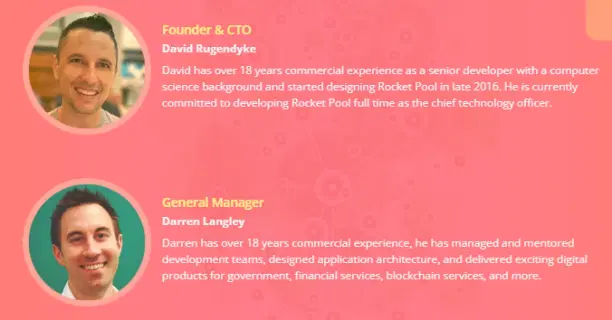
David Rugendyke – Founder & CTO: Over 18 years of experience as a senior developer in computer science in the commercial sector. David began designing the Rocket Pool project in late 2016.
Darren Langley, General Manager, acted as a consultant and managed the government’s digital product design, development, and delivery team. Darren Langley has extensive experience in business, finance, and Blockchain technology.
Engineer Kane Wallmann has more than 15 years of experience in web development and dApp. Kane Wallmann was drawn to the Ethereum revolution in 2017, which prompted him to implement smart contracts and Ethereum-enabled infrastructure.
Software Engineer, Nick Doherty: More than fifteen years of design experience with advanced technical solutions in advertising, e-commerce, and finance. The objective of Nick Doherty is Blockchain technology.
Senior Blockchain Engineer Joe Clapis: Previously worked as a systems engineer for software. Have extensive knowledge of Quantum Computing and Blockchain technology.
RPL Storage Wallet & Exchange
Which exchanges can RPL tokens be traded on?
You can go to the following electronic exchanges to learn RPL token such as UniSwap (v2, v3), MEXC Global, Gate.io,..
Where can RPL Token be stored?
Because RPL Token is designed according to ERC-20 standards, you can store RPL in most of the current decentralized wallets that support the Ethereum network such as Metamask, Trust Wallet, Coin98 Wallet, etc.
Contact
Website:https://rocketpool.net/
Twitter: https://twitter.com/Rocket_Pool
Discord: https://discord.com/invite/rocketpool
Medium: https://medium.com/rocket-pool
Summing up
Through the above article, CryptoChill has helped you know about the Rocket Pool and the highlights of the project.
Disclaimer: This post is not investment advice. You will be 100% responsible for your investment decisions.
Please follow and subscribe to support the CryptoChill.news.




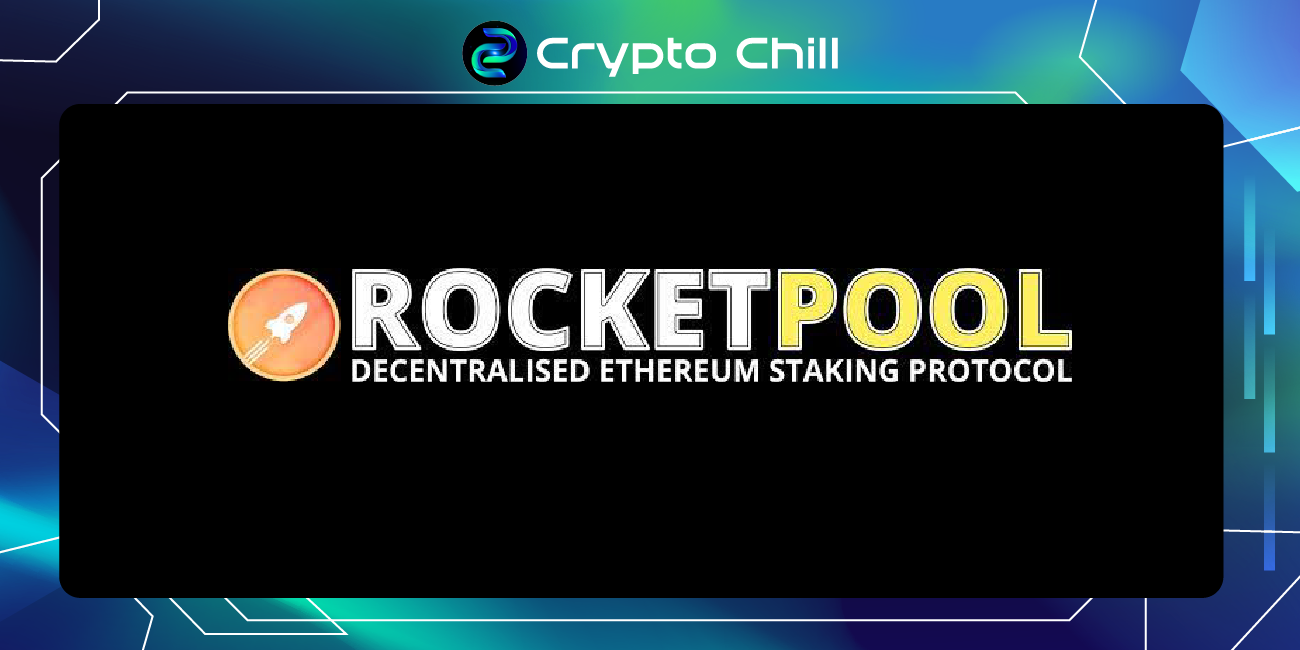
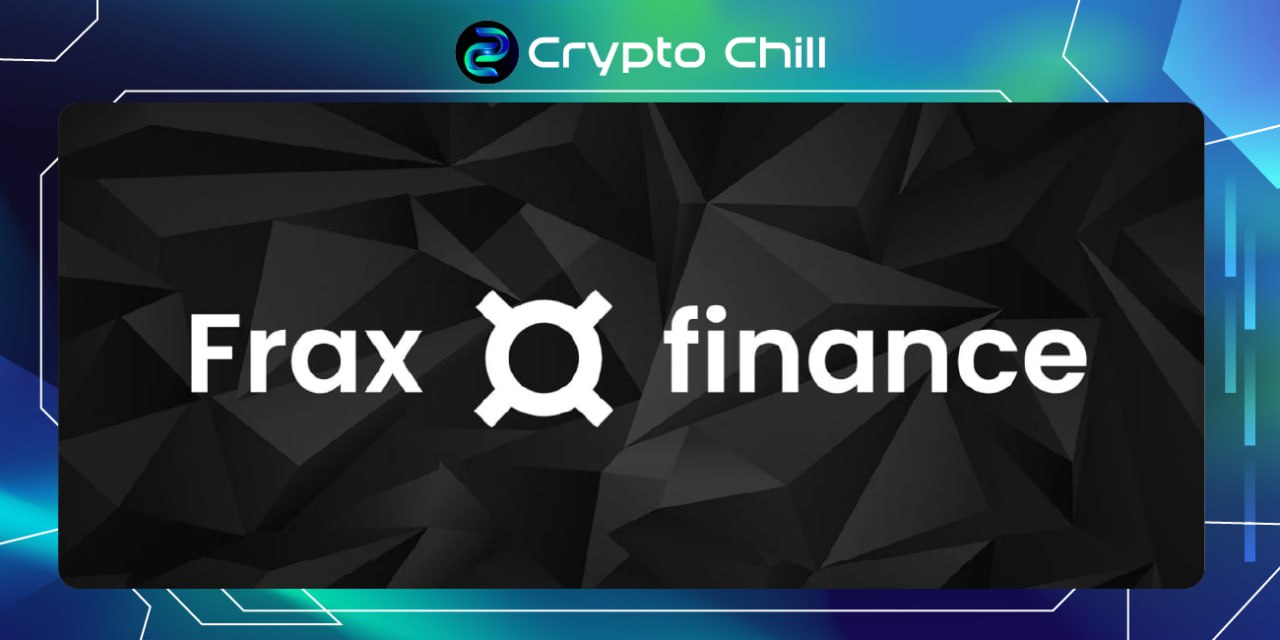
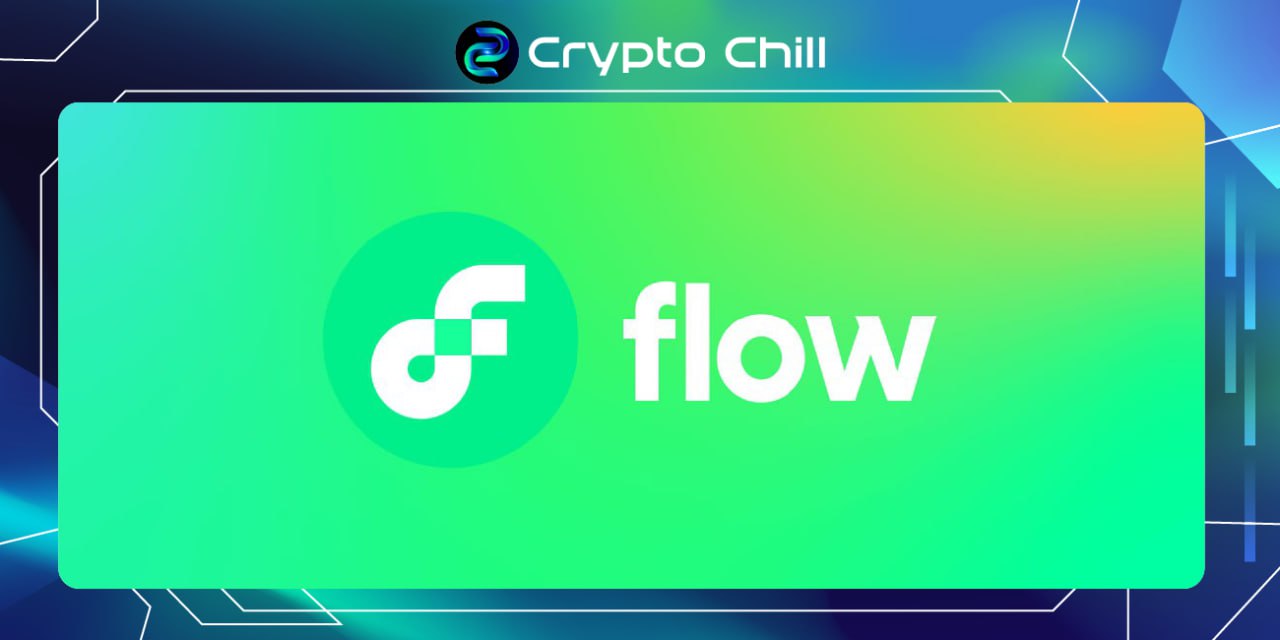
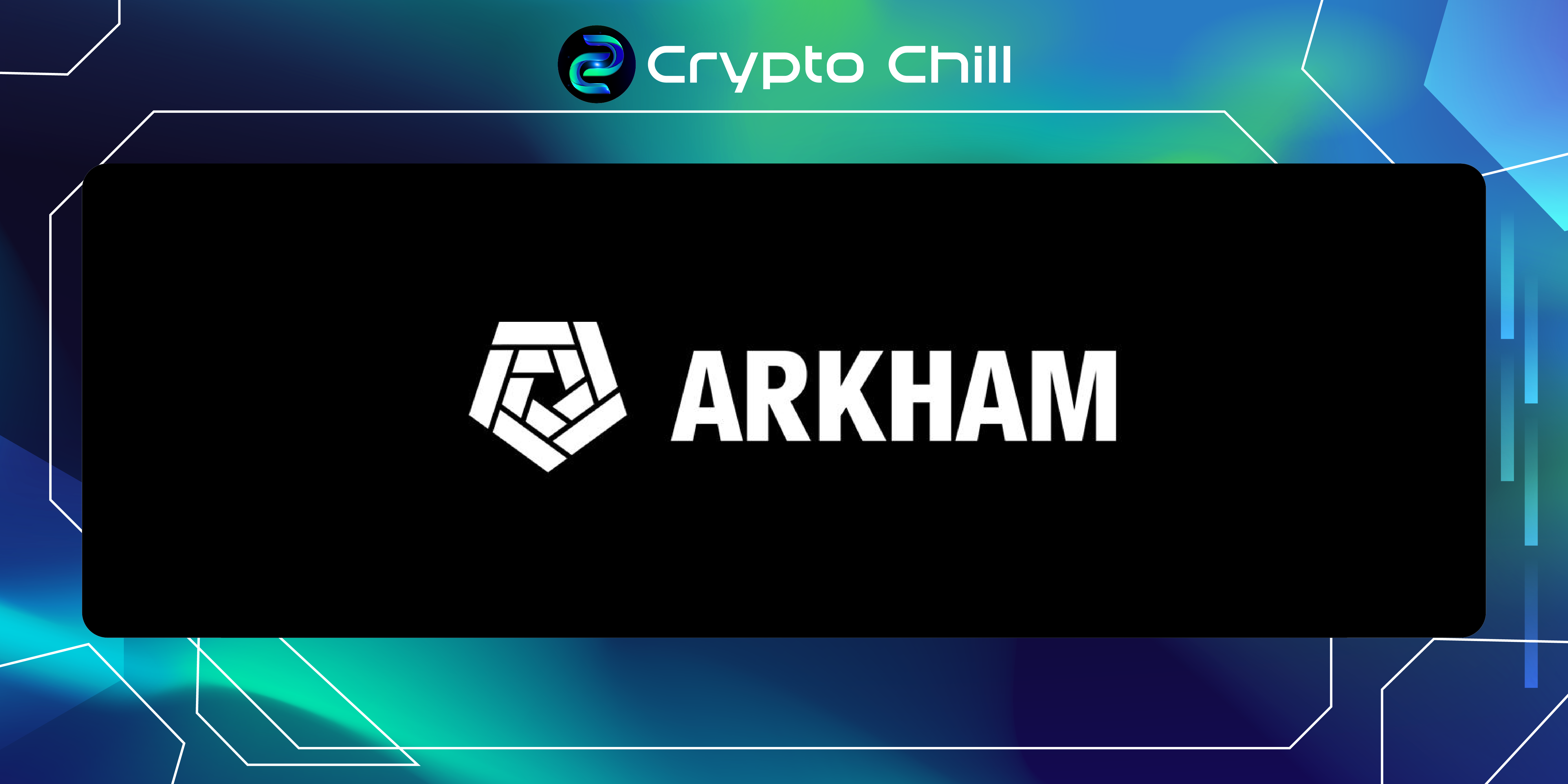
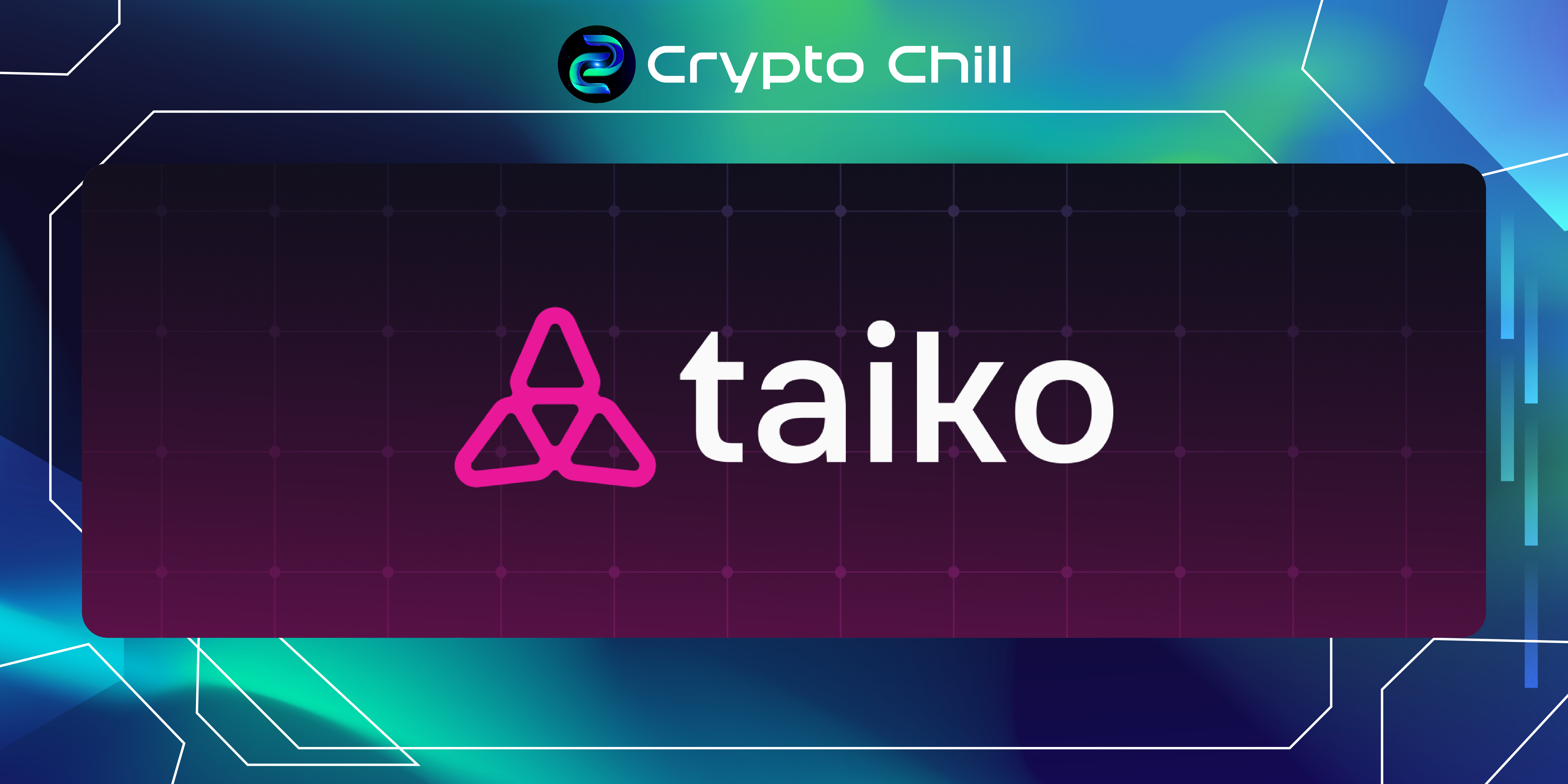
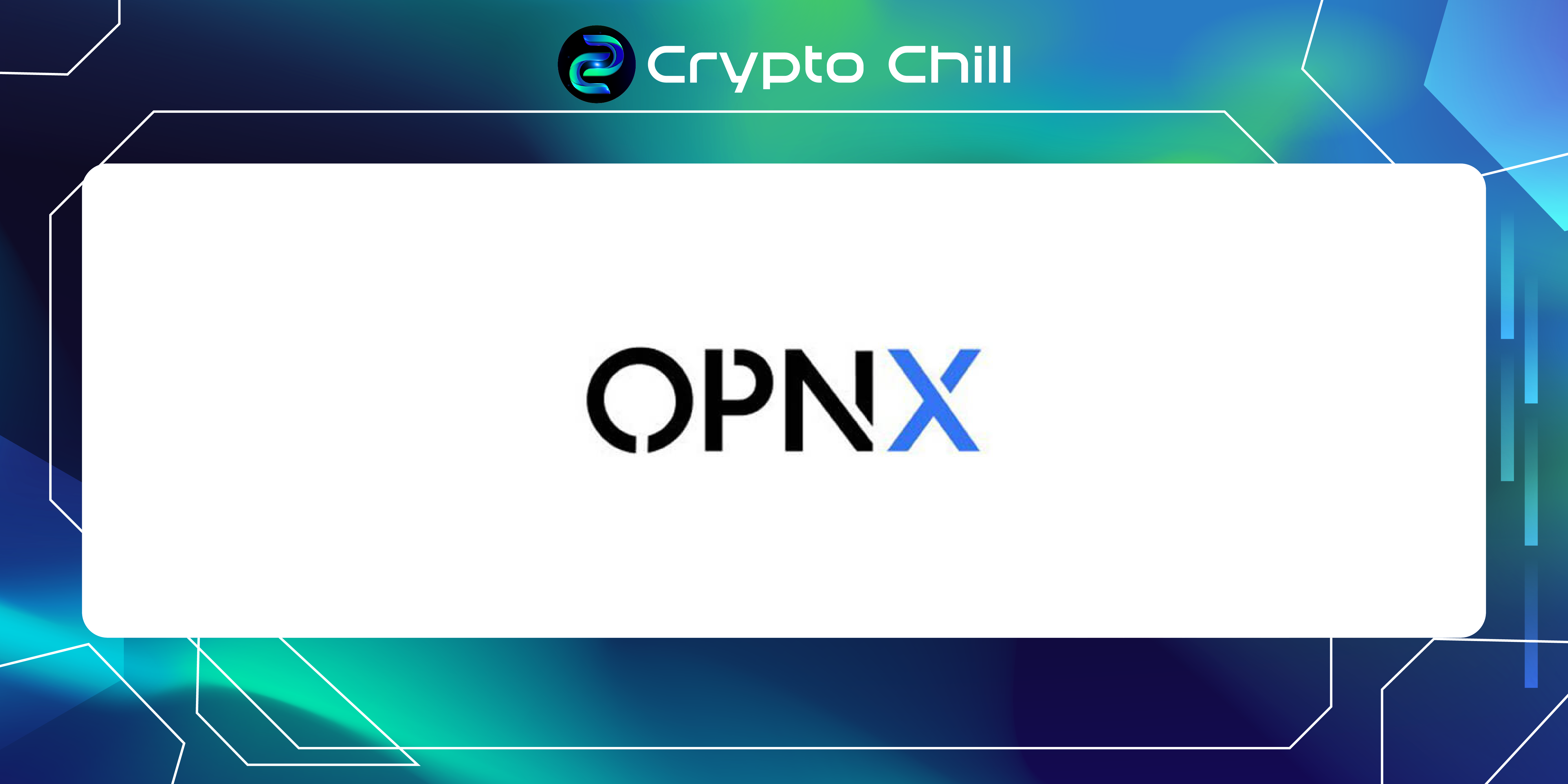
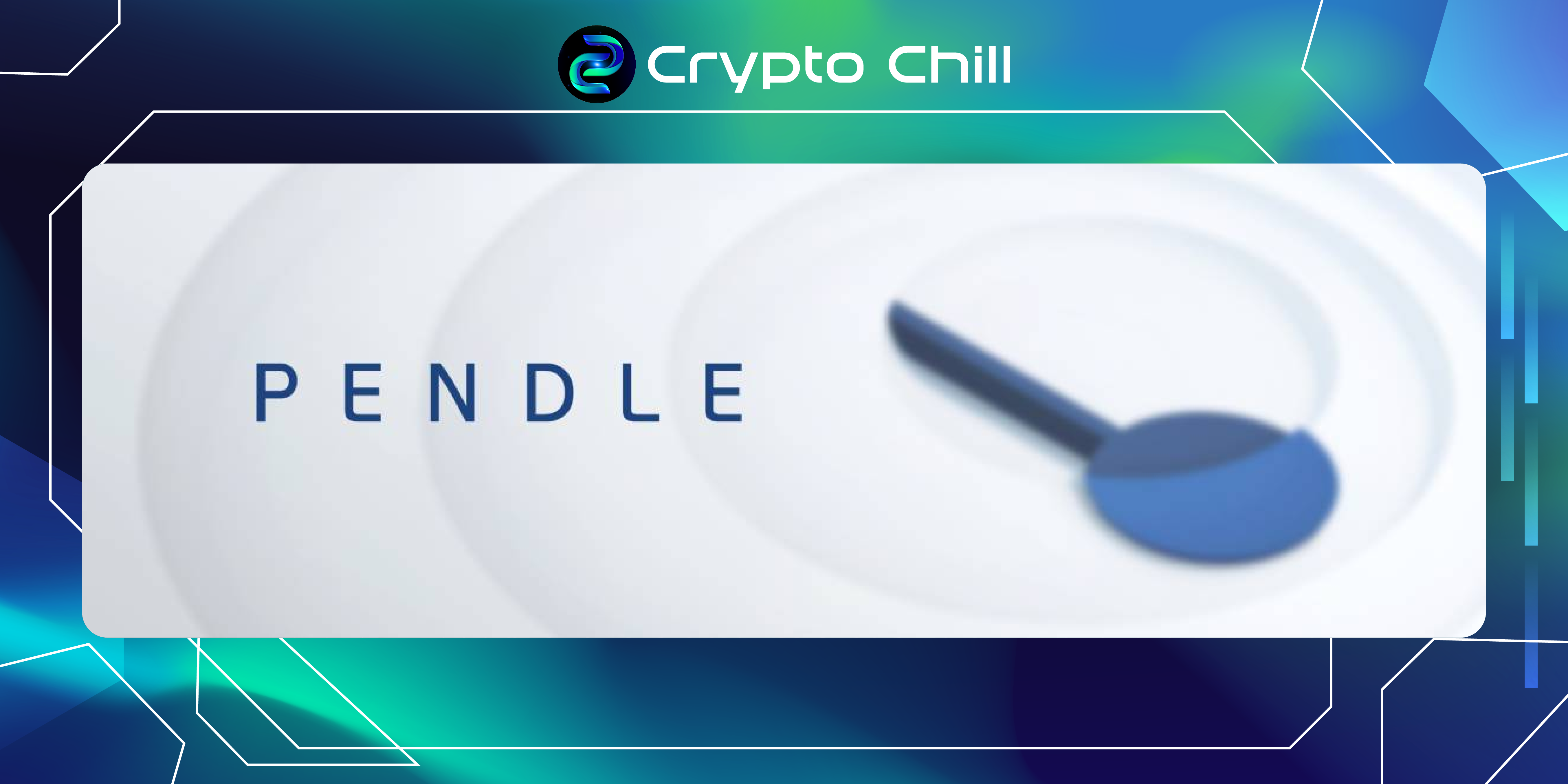
No Comment! Be the first one.